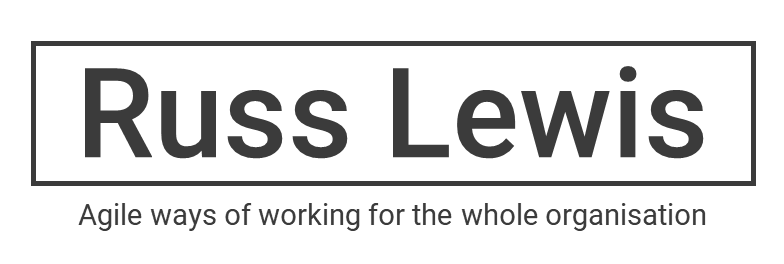
Development Occurs over Time, not on a Training Course
During our many combined years as trainers with Learning Tree International, the average instructor grade exceeded 3.8 of a possible 4.0. Attendees loved the training, and provided fantastic testimonials. But that doesn't mean they used what we taught them, or that they improved because of the information.
Developing skills is a process, not something that happens in a single meeting or a week-long course. Imagine teaching a group of middle-aged office workers how to exercise using a running machine. You tell them which settings to use and how long to use it for. You cover the safety points. You even help them through their first session, checking that they are OK every few minutes. They are all delighted with the training, with how easy everything was, and promise to try and keep it up. Next year you meet the same group to teach them about the rowing machine and ask how they had been doing with their exercise.
You'd consider it a success if just one person was running regularly because of it, right? Because we all know that it was easy when the instructor was there for support and encouragement, more fun when it is a team thing, convenient because it happened during work time, and everything on a course just works like magic. But it's really hard to do it on your own. It takes something extraordinary - motivation.
Marshall Goldsmith noted this in his research into the effects on employees of meaningful contact with leaders, peers and coaches.
Motivation is Changing
If you want to increase productivity and boost developing skills the key is to create the right motivation model. For most knowledge workers (people who use a computer and think for a living) the model is set in a "learning to learn" environment. Dan M Pink hit the spot in his must-read book
Drive: The Surprising Truth about what Motivates Us which agrees with Agile, that the old "command and control" model is broken.
People want to work in an environment where their development matters at least as much as their development of the organisation. Solving problems with peers, following-up with leaders and managers, continuously improving process are all ways in which a learning environment is sustained. According to Pink, people respond positively to clear objectives, mastery of their task and autonomy.
You'll hear no disagreements from The Agiliser, a "lifelong learner" developing skills all the time. They sit very comfortably with the Agile principles of:
- Deliver working software frequently.
- Build projects around motivated individuals. Give them the environment and support they need, and trust them to get the job done.
- The best architectures, requirements, and designs emerge from self-organizing teams.
A little training can go a very long way. In a Day Training anyone?







